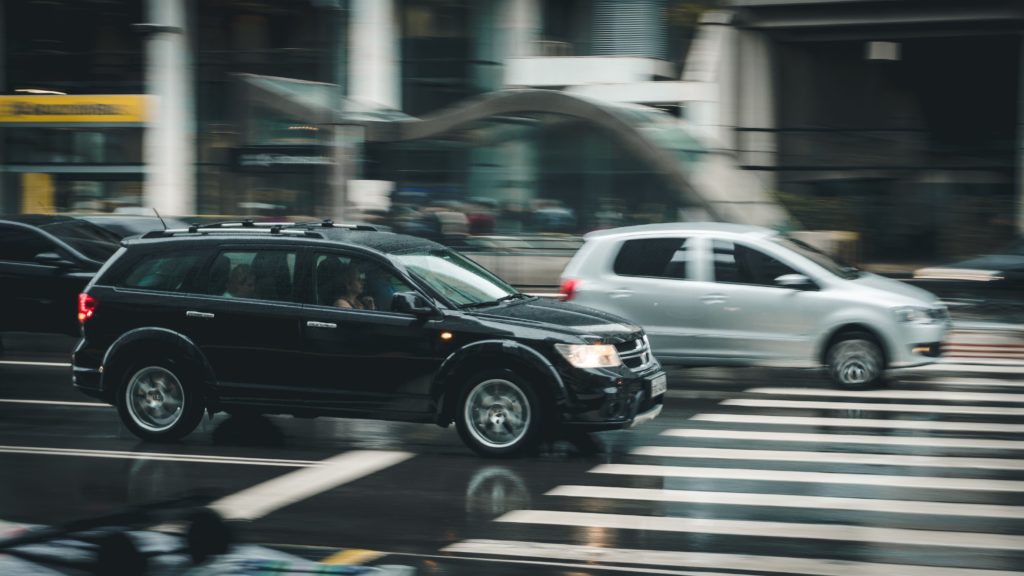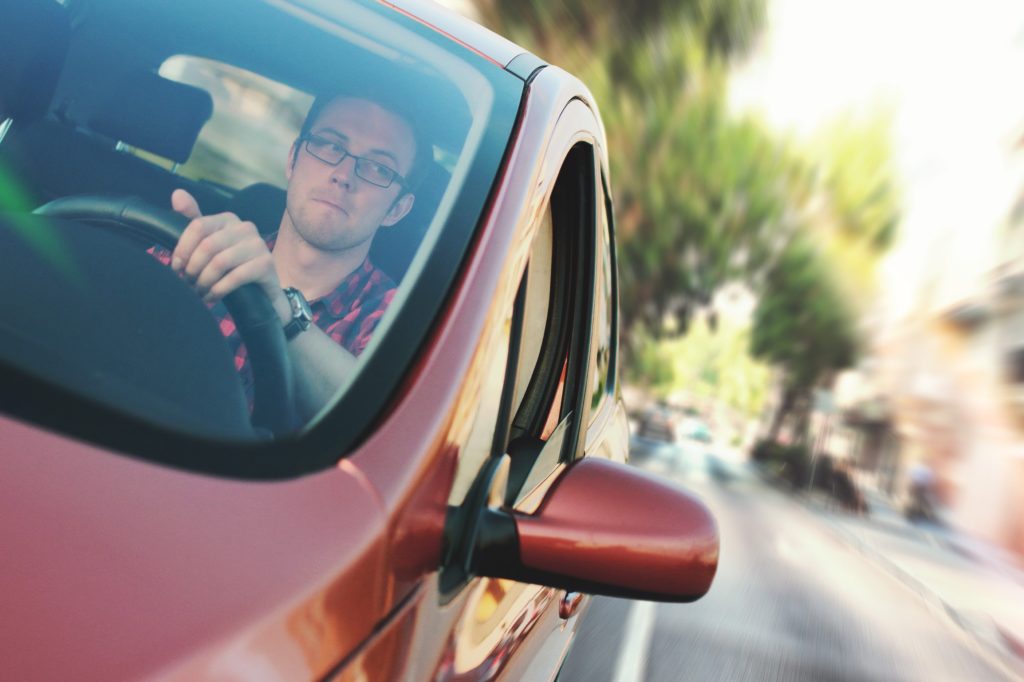The definition of road rage, per the National Highway Traffic Safety Administration (NHTSA), includes actions a driver takes that endanger other people or property. It can involve an assault with a motor vehicle or the use of a weapon by either the driver or a passenger in one vehicle against the operator or passengers of a different one. Road rage is against the law, but if your vehicle has been damaged, you’ve been injured as a result, or a loved one’s life has been cut short, Los Angeles personal injury attorneys can help you get maximum compensation.
According to the AAA Foundation for Traffic Safety, 56% of crashes in the U.S. are caused by aggressive behaviour. Also, the NHTSA has found that 66% of auto accident fatalities are caused by aggression and that aggressive behaviour often results in an aggressive response. The organization found half of the drivers on the receiving end of aggression responded aggressively themselves.
What Is Aggressive Driving?

Various behaviours characterize aggressive driving. Road rage is often triggered by anger or being upset. Drivers under stress may exhibit behaviours such as:
Download Branding Resources Guide
Building a brand starts by having the right tools and advice. Download our top 10 essential tools and resources to kick-start your branding.

- Illegal passing
- Tailgating
- Honking
- Failure to yield
- Going through red lights/stop signs
- Weaving in and out of lanes
- Speeding
- Ignoring traffic signals
- Obscene gestures
However, road rage isn’t always caused by the aggressor. Driving habits that can trigger an aggressive response include using a cell phone, keeping high beam lights on when there’s oncoming traffic, or failing to use a turn signal when changing lanes or turning. Also, check your blind spot when switching lanes. Cutting someone off, even inadvertently, can trigger an episode of anger.
Getting a Handle on Road Rage
If a driver responds to you aggressively, it is important not to escalate the situation. The following tips can help prevent an incident:
- Do not react or retaliate.
- Do not make eye contact.
- Continue to drive safely.
- Realize the other driver doesn’t handle stress well.
Road rage starts due to emotions and reactions caused by many stressors in life. These can include an argument with a spouse or partner, getting fired at work, or disciplining children in the car. A driver may be late to work or an appointment and be in a rush. Road rage can happen to anyone but is more common in young male drivers and individuals with certain psychological problems.
Why Road Rage Is So Dangerous

Not having a handle on your anger or emotions can trigger the characteristic behaviours of road rage. Aggressive drivers are dangerous because they are not in full control. They may be unable to avoid a direct collision or hitting something head on. An aggressive driver is also more likely to crash at higher speeds, increasing the likelihood of severe damage, injuries, and deaths.
Consequences
If you’re caught being an aggressor, you may face criminal charges. This might mean going to court, paying legal fees, and even facing imprisonment. The potential for physical harm and death to yourself and others is too high.
A personal injury attorney can help if you’re a victim of road rage. Your attorney will offer advice on what to do immediately after the incident. They will provide expert legal help and representation throughout the case to ensure you’re compensated for head, neck, back, knee, and other injuries or trauma.

